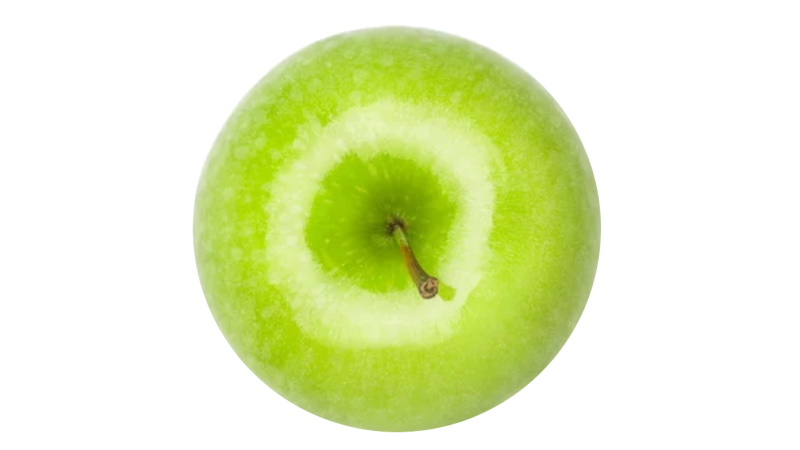Taste Test Shows Folks Prefer Some Sparkle in Their Florida Fruit Wines
How do you like your wine? Red, white; bold, light; Cabernet, Chardonnay …? With so many nuances to account for, it might be hard to pinpoint your favorite type of vino – wine connoisseurs aside. For others though, a simple taste test might do the trick.
When it comes to Florida-grown fruit wines, more consumers apparently prefer fizzy over flat. That’s the consensus of a recent study from University of Florida scientists, which shows that taste testers prefer carbonated blueberry and muscadine wines over their non-carbonated versions.
The study was conducted at the UF/IFAS Sensory Laboratory, where UF students and members of the public participate in taste panels that evaluate consumer preferences for foods and drinks.
Tasters’ preferences were most reliably associated with whether or not the wine was carbonated, says Andrew MacIntosh, senior author of the study and an Assistant Professor in the UF/IFAS Food Science and Human Nutrition Department.
“We tested four different levels of carbonation, but we found that there isn’t one level of carbonation that people overwhelmingly like best,” MacIntosh says. “That’s good news for wineries because they can tailor the level of carbonation to their needs and still provide a value-added product for the consumer.”
MacIntosh notes that not all beverages benefit from carbonation. “Carbonated red wine, for example, does not taste that great,” he says.
But wines with higher sugar content, such as many fruit wines, do benefit from some sparkle, as carbonation tones down the perceived sweetness of a drink. The bubbles release aromas that might be less apparent in still versions of the wine, and many people enjoy that tingling sensation you get while sipping a carbonated beverage.
In their study, the researchers carbonated several blueberry and muscadine wines made by Florida wineries, including Island Grove Wine Company, a winery based in Hawthorne, FL.
“This study was key for us,” says Sarah Aschliman, GM at Island Grove, which has worked with UF/IFAS on a number of studies over the last decade plus. “Finding out how people respond to the carbonated product is essential for moving forward with any new product lines.”
FYI: Carbonated wine is the fastest growing segment of the wine market and is especially popular with younger consumers. Forced carbonation — the method used in the study — is a fast way to achieve effervescence. The technology is the same as that used in at-home soda makers, but at a much larger scale, MacIntosh points out, noting that most commercially produced beer is force carbonated.
“The technology has been available but transferring it to the fruit wine industry is what we are hoping to do,” MacIntosh adds. “The way we have found to do this is by first assessing how CO2 interacts with the wine, and then assessing a range of potential products though consumer sensory panels. Through this study, we had the opportunity to work with several Florida wineries to investigate how their wine would be perceived at various carbonation levels.”
The work behind the study was supported though the Florida Department of Agriculture and Consumer Services Viticulture Research Grant Program.
The next step for MacIntosh and his team will be to test different packing methods for carbonated wine that will get the product from winery to store shelf.









